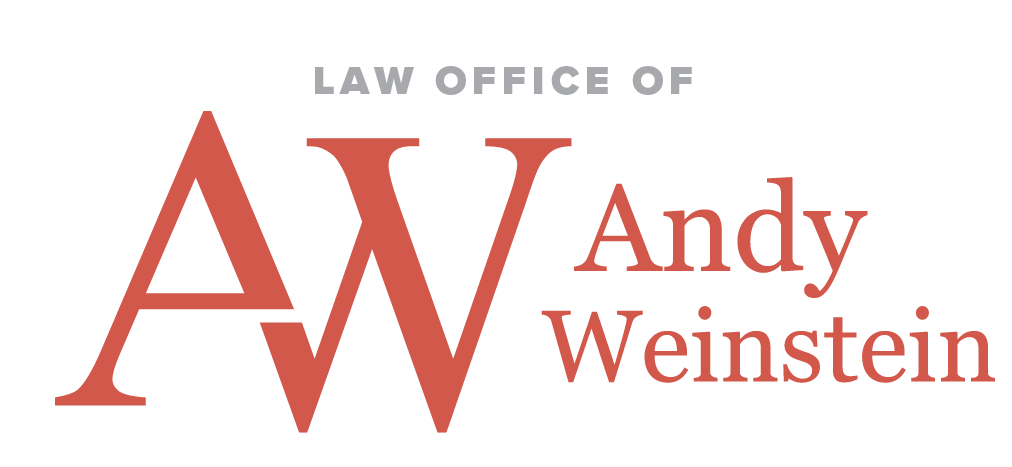The Identity Theft Penalty Enhancement Act makes it illegal to knowingly possess, distribute or use someone else’s identification in the commission of and in relation to specific felony crimes, including white-collar crimes, such as health care fraud. Those who violate the Act are subject to enhanced penalties in addition to the penalties associated with the underlying crime.
Recently, this Act caught the attention of the U.S. Supreme Court. The Court agreed to hear the case Dubin v. United States, where the scope of the Act as it related to health care fraud was called into question.
The story behind the case
The case involved a medical provider, Dubin, who overbilled Medicaid for services rendered and was subsequently charged with health care fraud. Dubin used the patient’s name when submitting the bill to Medicaid. Thus, he was charged with both health care fraud and identity theft per the Identity Theft Penalty Enhancement Act.
Dubin argued in the lower court that he did not steal the patient’s identity because it was rightfully used in the billing process. However, he was convicted, and his conviction was affirmed by the Fifth Circuit Court of Appeals. He appealed to the U.S. Supreme Court, which agreed to hear his case.
The Court’s ruling
The Court ruled that to criminalize the release of a name, when the name is irrelevant to the fraud crime itself, is an overreach in the intent and purpose of the Identity Theft Penalty Enhancement Act.
Thus, the Court ruled Dubin should not be charged with identity theft, because the use of the patient’s name was not central to the fraudulent amount billed, which formed the basis of the fraud charges. The fraud was based on billing misrepresentations, not the release of the patient’s name.
While Dubin did not necessarily escape the health care fraud charges, he will not be charged with a violation of the Identity Theft Penalty Enhancement Act. It is important that criminal charges are related to the underlying acts at issue and that any penalties are in proportion to the crimes committed. To charge someone with identity theft when a name was rightfully used despite the commission of a fraudulent act may go too far.

